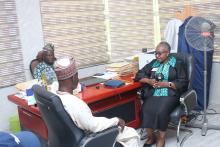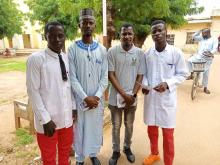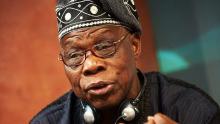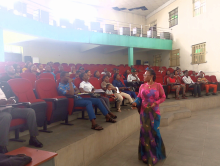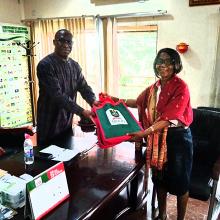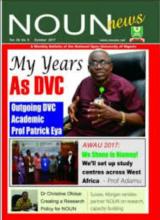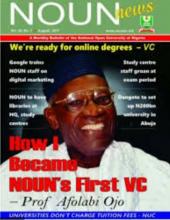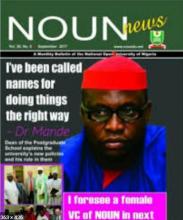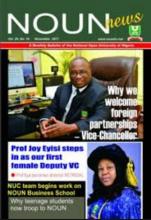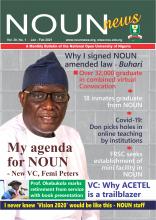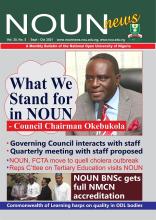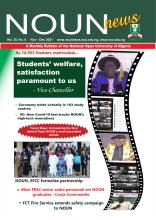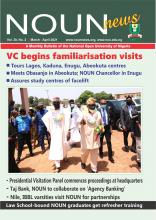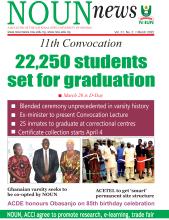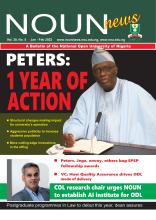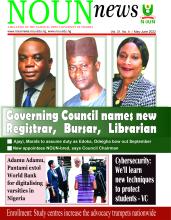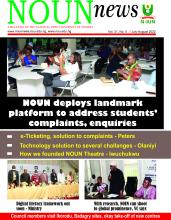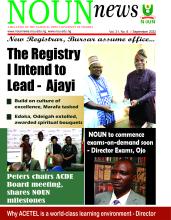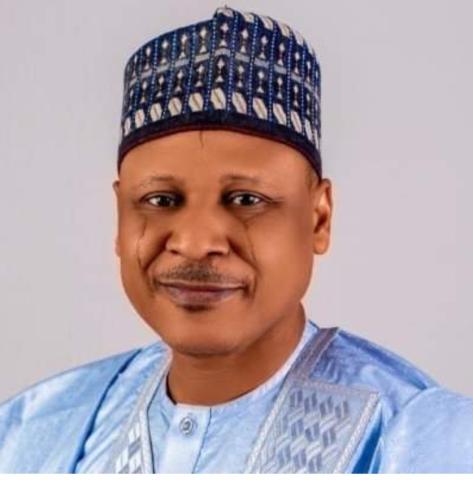
The Federal Government has called for a multi-stakeholder approach in the bid to address the credibility of social media content.
Towards this end, it expressed committed to tackling misinformation and opening its doors to innovations geared towards addressing the menace.
The Minister of Information and National Orientation, Alhaji Mohammed Idris, stated this on Thursday during a symposium with the theme, "Blogging, AI, and the Credibility of Social Media Content: A Hybrid Resolution Approach," which held at the National Open University of Nigeria (NOUN) headquarters in Abuja.
The one-day event was jointly organised by the International Media and Information Literacy Institute, NOUN's Mass Communication Department, the Federal Ministry of Information and National Orientation, and UNESCO.
It was designed to address the growing concerns over misinformation and credibility issues within the social media, as well as the role of emerging technologies like Artificial Intelligence (AI) in shaping online narratives.
Idris, who was represented by the Director and Acting Permanent Secretary of the ministry, Mrs. Comfort Ajiboye, reiterated the government's dedication to tackling misinformation and supporting initiatives that promote media literacy.
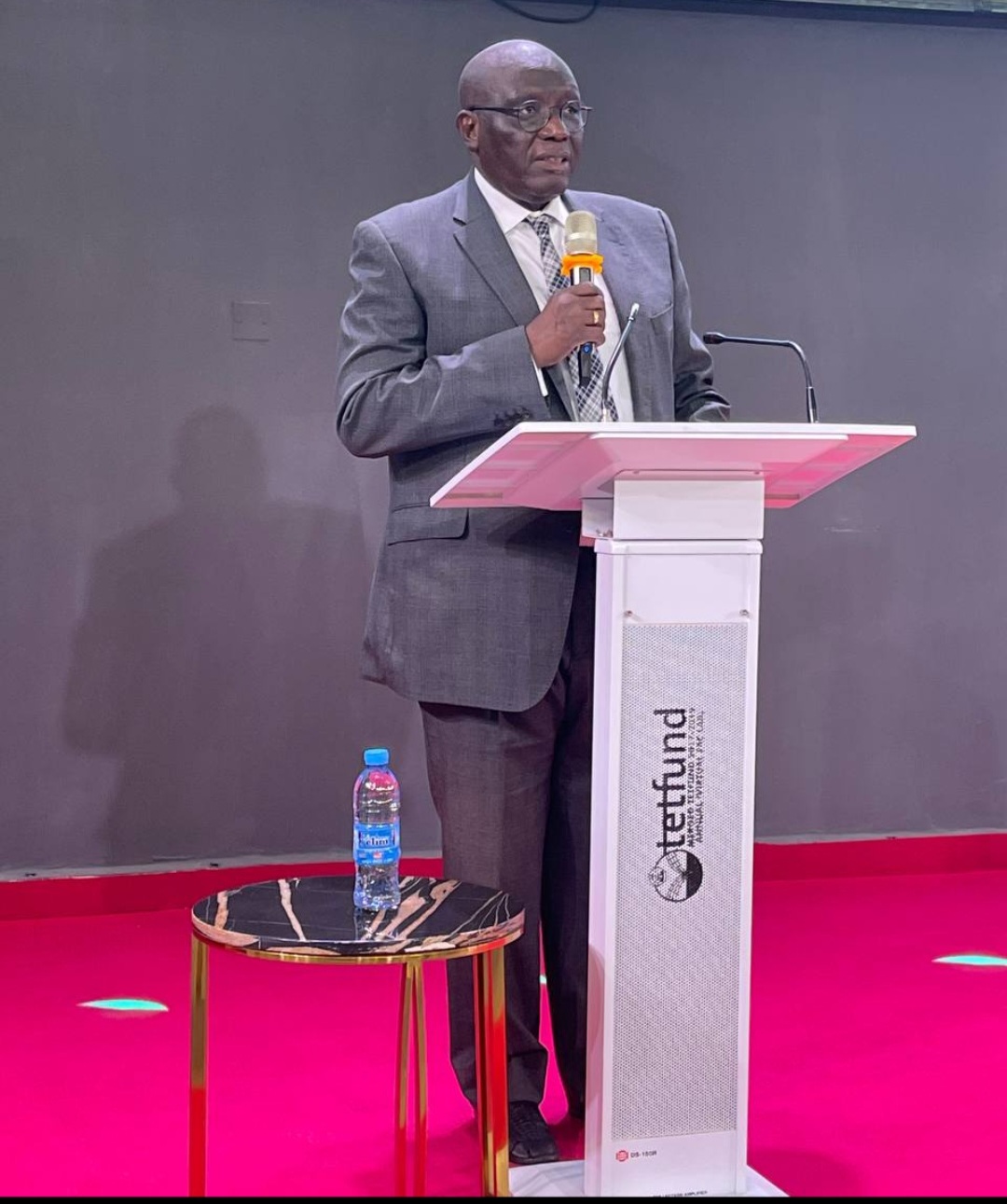
While seeking a multi-stakeholder approach in addressing the credibility of social media content, the minister also canvassed the development of policies that would balance the freedom of expression with the need for factual and reliable information.
The Vice-Chancellor of NOUN, Professor Olufemi Peters, in his address on the event, underscored the increasing influence of the social media in shaping public discourse and emphasised the role of educational institutions in promoting media literacy.
Peters, who was represented by the Deputy Vice-Chancellor (Academics), Prof. Chiedu Mafiana, highlighted the importance of collaboration between the academia, government, and international organisations in tackling the challenges posed by misinformation in the digital age.
Peters later made a personal appearance at the event to reinforce the university’s commitment to addressing these critical media and information literacy challenges.
Attendees included media professionals, students and government officials.
The panel of discussion was moderated by the Head of Department of Mass Communication, Nile University, Dr. Jacob Shagboar Suemo, and featured three panelists: the Deputy Director, Digital Media, Voice of Nigeria (VON), Mr. Qasim Olalere Akinretin; Dean of the School of Postgraduate Studies, Baze University, Prof. Abiodun Adeniyi, and a popular blogger and social media enthusiast, Malam Abdullahi O. Haruna.
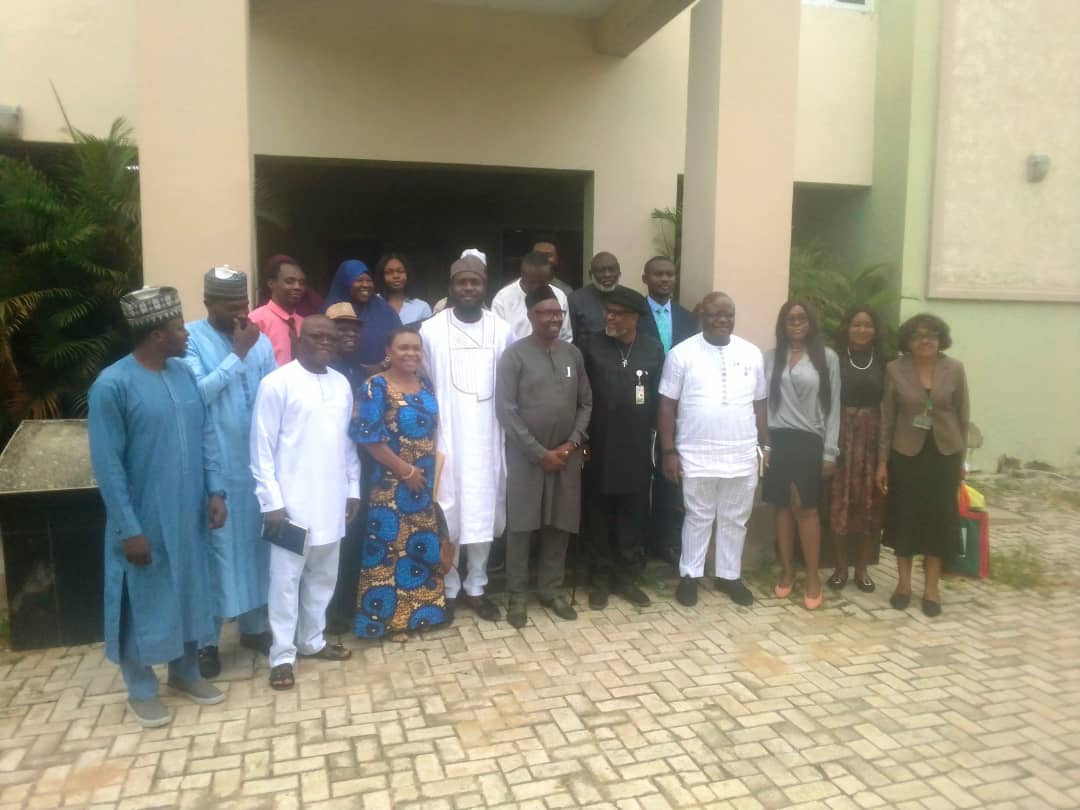
The panelists represented a diverse range of expertise in media and engaged in lively debates and discussions, offering insights and recommendations for enhancing content credibility in the digital age.
They explored how blogging and AI are reshaping content creation and dissemination and addressed the need for strategies to counter the spread of misinformation.
Among the key points raised were the role of bloggers and content creators in promoting responsible media practices, the ethical implications of AI tools in news dissemination, and strategies for ensuring transparency and accountability in online platforms.
The symposium ended with a call to action for stakeholder engagement in regulating and improving the quality of social media content, especially through the use of AI.
- Log in to post comments
- 60 views

